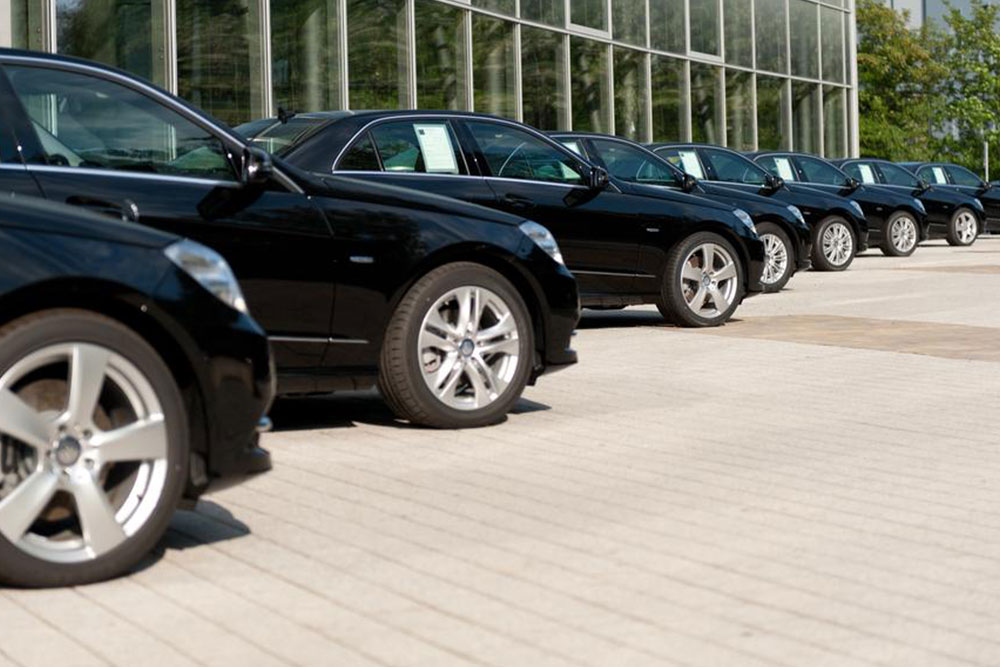Buying bank-owned cars for sale
Bank-owned (repossessed or repo) cars are vehicles that have been taken back by the lenders (bank) from the registered owners because of default loan payments. A repo auction, occasionally held by banks, is a cost-effective way to purchase one’s first or investment vehicle. While a bank or local financial institution may host an auction, it is the buyer’s responsibility to inspect the car and pay careful attention to its condition and other important details.

Prospective buyers can locate their local auction house or, for that matter, any auction house in the area on websites such as Repofinder or The Yellow Pages. Buyers can also call their local banks to find out if they are offering and holding any public car auctions. Banks and local financial institutions conduct auctions sporadically, depending on the number of cars in their possession. They will give buyers the information of where and when.
Here are some tips for buying bank-owned cars for sale
- Conducting research
Buyers need to check the condition of the bank owned car on sale since they can’t expect it to be in brand-new condition. So, before anything else, buyers need to do research about the car they’re considering buying so that they know what to check and look out for. - Inspection
Sometimes, banks sell repo cars on an “as-is, where-is” basis, essentially meaning that buyers accept the car in the condition that it is in, flaws and everything else included. Hence, it is important for buyers to inspect the car thoroughly and, if need be, bring their mechanic along for an expert’s opinion. Check for signs of accidents or flooding, etc. Also, there are chances that previous owners of the cars might have neglected the car once they would have found out that the vehicle would be repossessed anyway - Affordable down payment
Since bank repo cars are essentially second-hand vehicles, the depreciation factor works against the seller, in this case, the banks. Thus, they look to offload these repo cars before their value goes down even more, and so the buyer is still required to pay a down payment of 20%-30% of the car’s value; the value will be considerably lesser than that of a brand-new car, though. - Test driving the car
Prospective buyers of bank owned cars for sale should test drive the car to make sure that the overall performance of the car works to their satisfaction. However, buyers need to be aware that in certain cases, checking and test drives aren’t allowed. In such cases, buyers need to make the best of the situation and inspect the photographs of the car the bank gives to make sure the car is in good condition. - Safety
Since prospective buyers are transacting with reputed financial institutions (banks), buyers can at least rest assured that the car is legally vetted and doesn’t have an illegal background; moreover, certifications and documentation will be in perfect order.